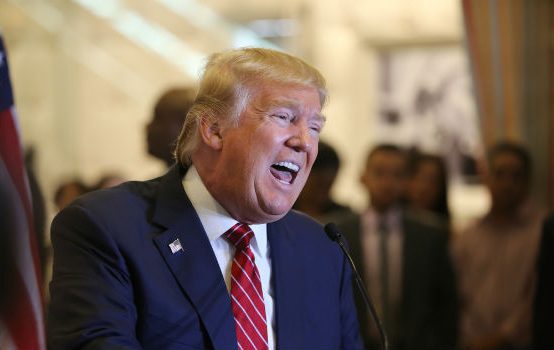Bolton and Trump’s Anti-Restraint Foreign Policy

Noah Millman comments on the Bolton appointment and the reaction to it:
It is fair to point out that the worst case has not actually happened yet. Trump has not launched a pre-emptive strike against North Korea or Iran; he has not, in fact, done anything remotely as destructive as the war in Iraq, and he may actually be aware, on some level, that doing so would be the surest way to destroy his presidency. But Trump also says his recent choices reflect his desire to have a team that is on the same page with him, and it’s not hard to discern what page Pompeo and Bolton are on. Moreover, as the adage goes, personnel is policy. Trump is making very clear gestures with his recent personnel choices, but even if they are only intended as gestures, they will wind up shaping the policy choices he is presented with, and as such they have the opportunity to shape the choices he makes.
“Personnel is policy” is a cliche, but there is a lot of truth to it. A president’s advisers and Cabinet members both reflect the kind of policies that the president wants to have and influence the president’s decisions. It may be that Trump prefers Pompeo and Bolton because they ingratiate themselves with him and don’t make him feel stupid, but that in turn makes him very willing to take their bad advice. Since Trump is impulsive and is instinctively drawn to combative and confrontational measures, someone like Bolton is in many respects the perfect fit. Both have appalling judgment, both seem oblivious to the negative consequences of their preferred policies, and both see the world as a zero-sum game that the U.S. is always in danger of losing. Trump was already the anti-restraint president before he chose Bolton, and now Bolton will put the president’s worst impulses to work.
It is no consolation at all to say that “worst case has not actually happened yet,” since quite a few bad things have already been happening. It usually takes some time before the biggest disasters of a presidency occur. Trump has been president for just over fourteen months, and during that time he has already laid the groundwork for blowing up the JCPOA, committed the U.S. to an indefinite military presence in Syria, increased backing for the war on Yemen, escalated the war in Afghanistan, and ratcheted up tensions with North Korea higher than they have been in decades. He escalated every war he inherited, and he has been putting the U.S. on a collision course with other states. That was all before Bolton was appointed. We should expect more trouble on most or all of those fronts.
We know that Bolton is an advocate of preventive war against Iran and North Korea, and Trump has shown no compunctions against ordering illegal military attacks that his advisers support. Trump is even more malleable and easy to manipulate into supporting aggressive policies than Bush was, and urging him to order an attack will probably be akin to pushing on an open door. At this point in the George W. Bush administration, most of the worst major decisions of Bush’s presidency had not yet been made, but the process of making them had already begun months earlier. An administration stuffed to the gills with hawks and headed by an ignorant president is not a recipe for ending old wars and avoiding new ones. We may still prevent the worst-case scenarios, but it is critical not to be complacent about the dangers that this administration’s foreign policy poses to the country and the world.
Trump supporters can’t claim to be surprised by these recent developments. Trump not only campaigned as a hawk on most contemporary foreign policy issues (he wanted to escalate the war on ISIS, renege on the nuclear deal, throw more money at the Pentagon, etc.), but many of his most vocal supporters inside the GOP were hard-liners, and Bolton was among them. We dodged a few bullets early in Trump’s presidency when Flynn was forced out and Bolton was kept at arm’s length for a while, but hard-liners keep gravitating towards Trump because he likes them and views the world in much the same way that they do.
Comments